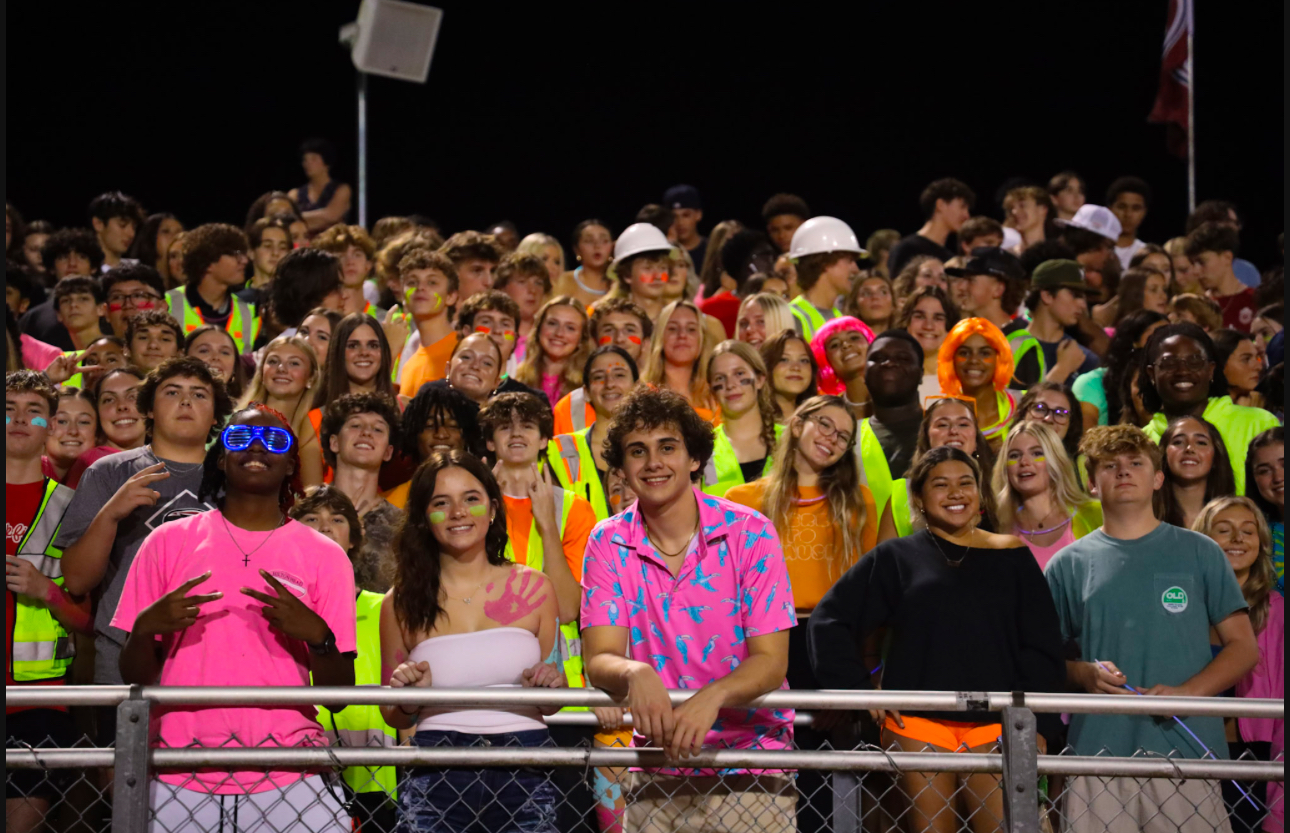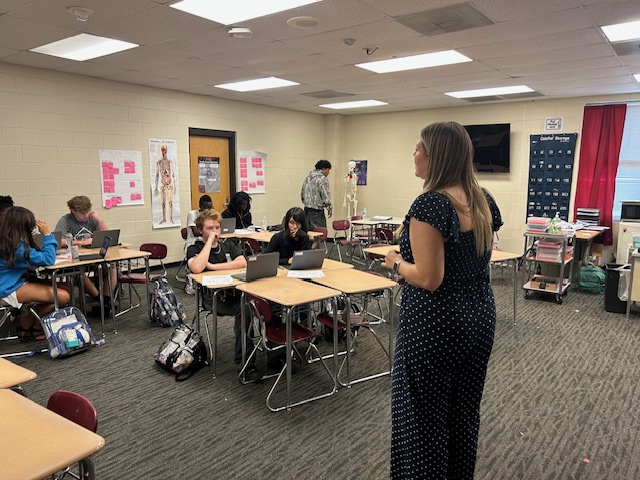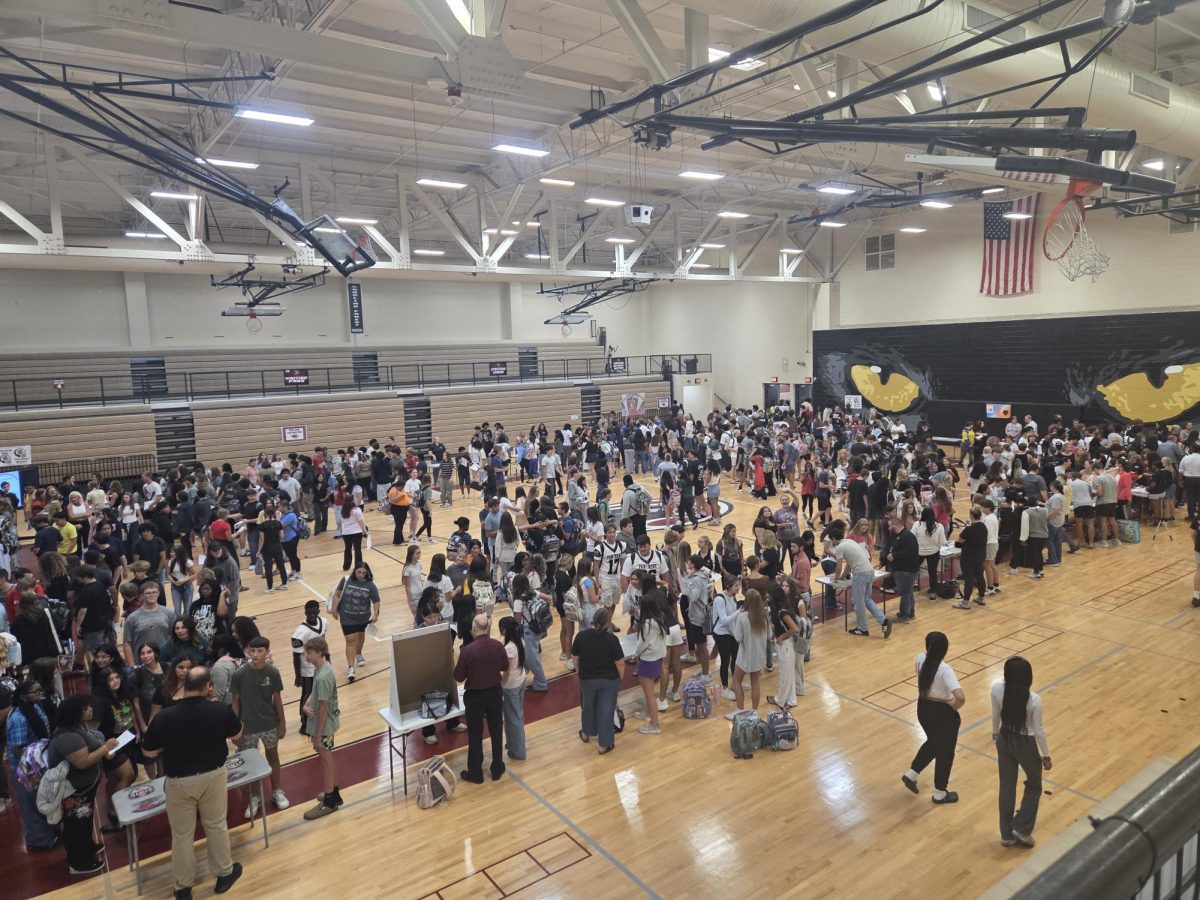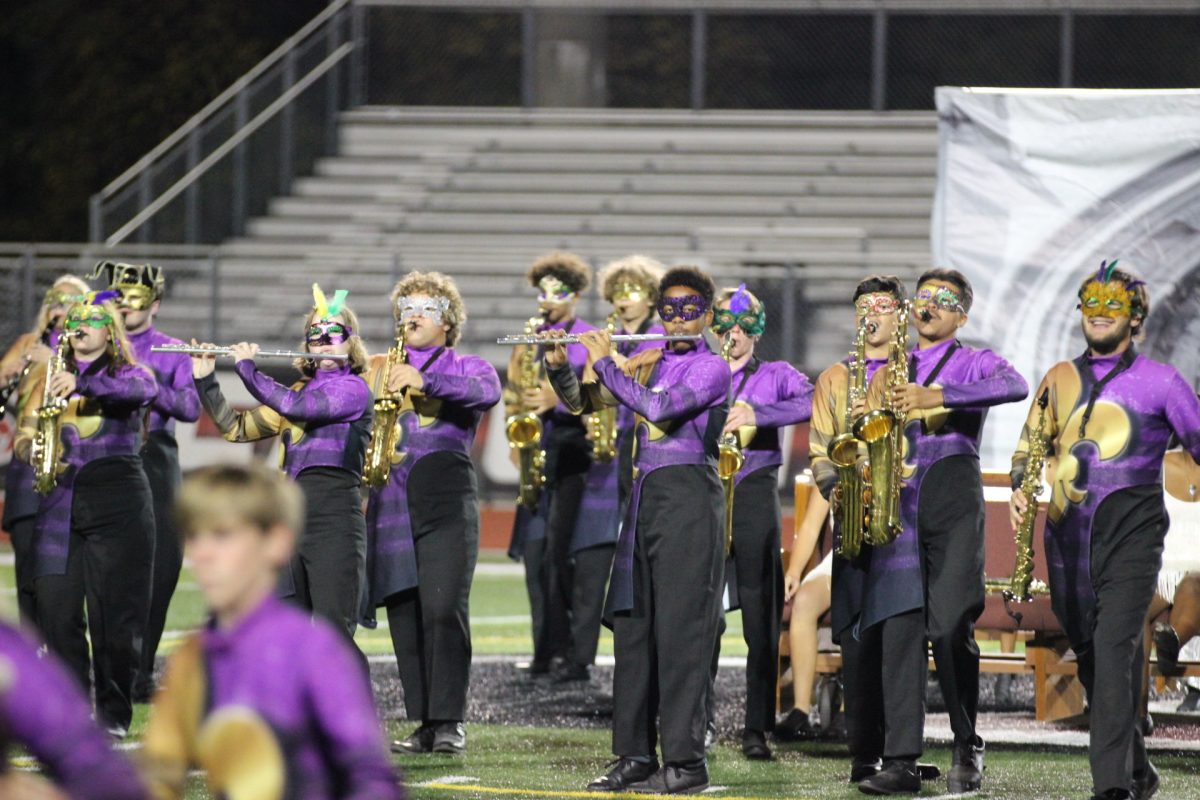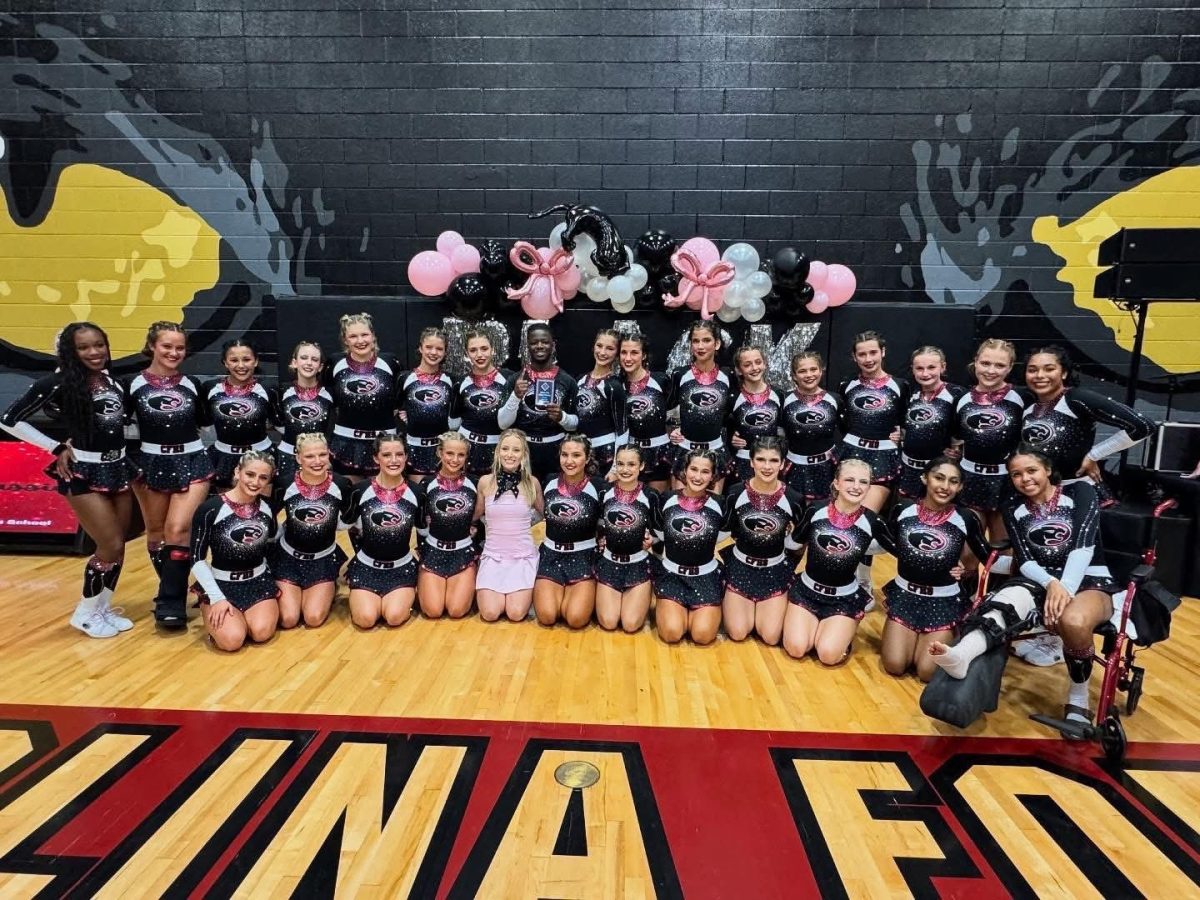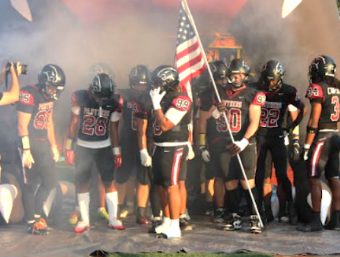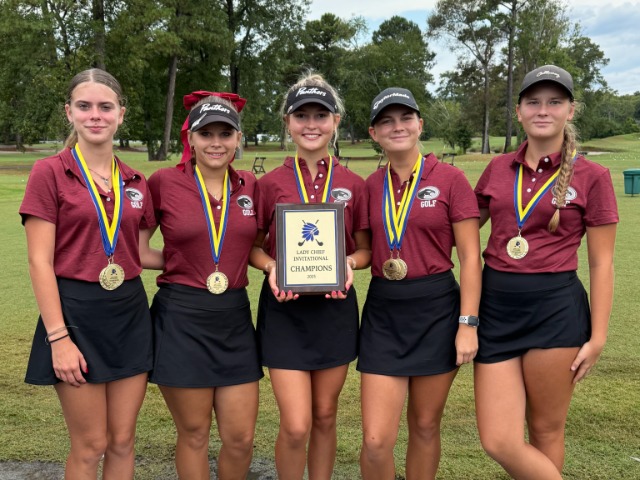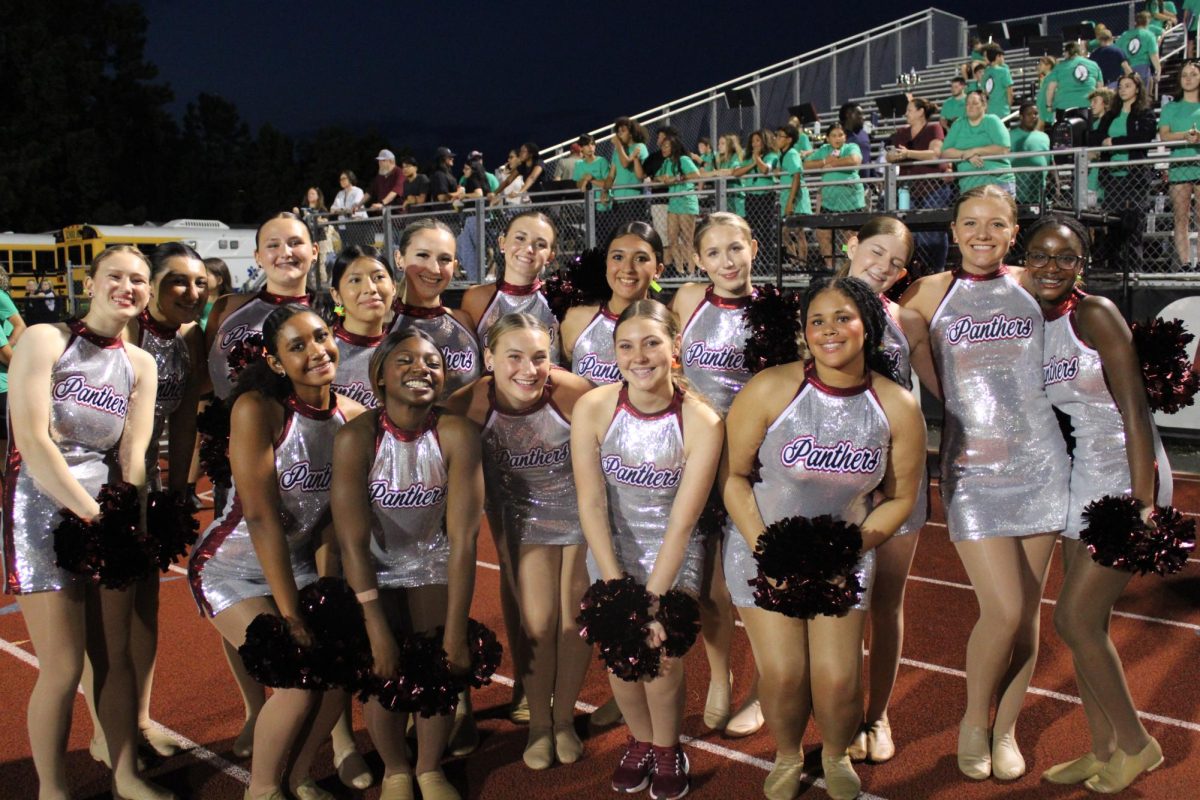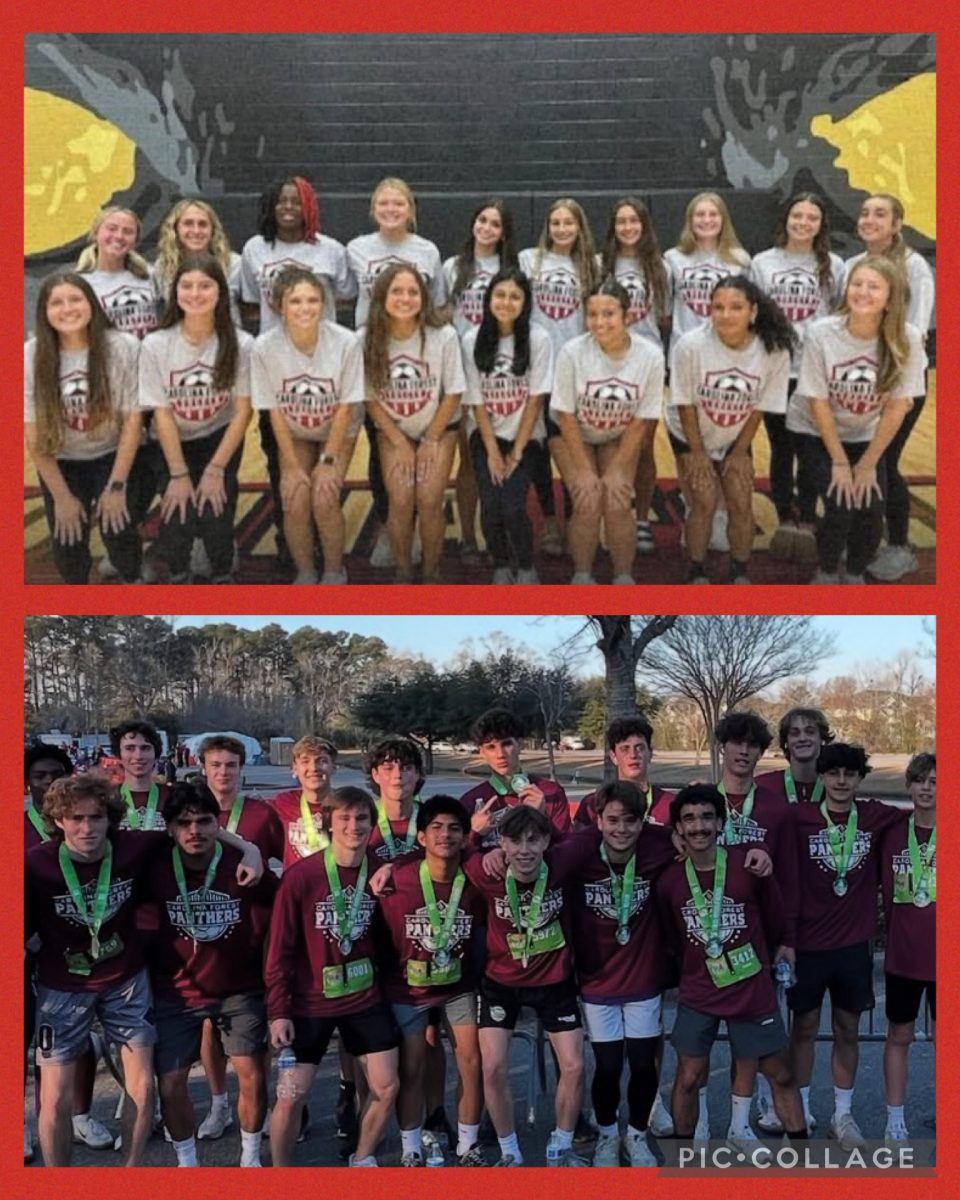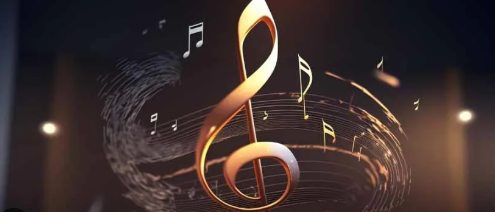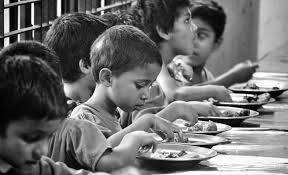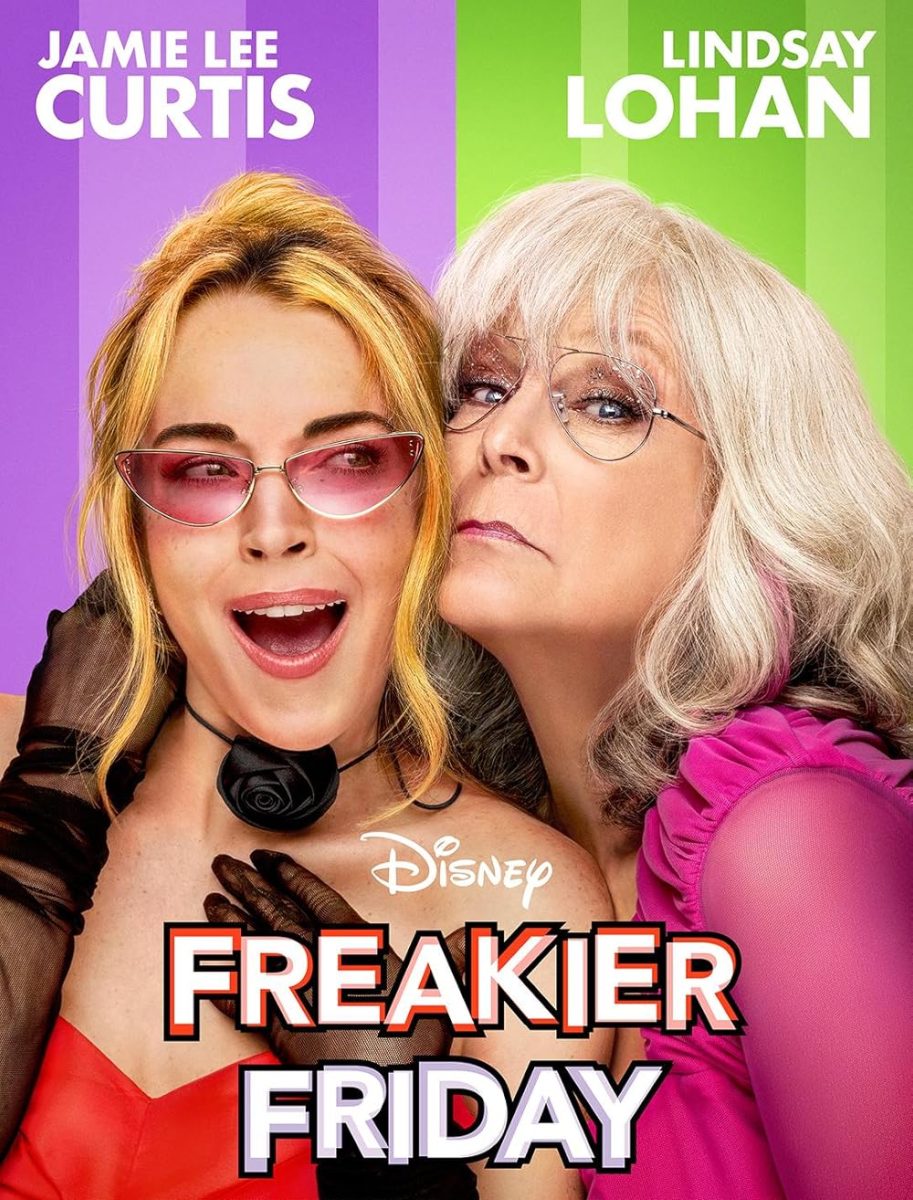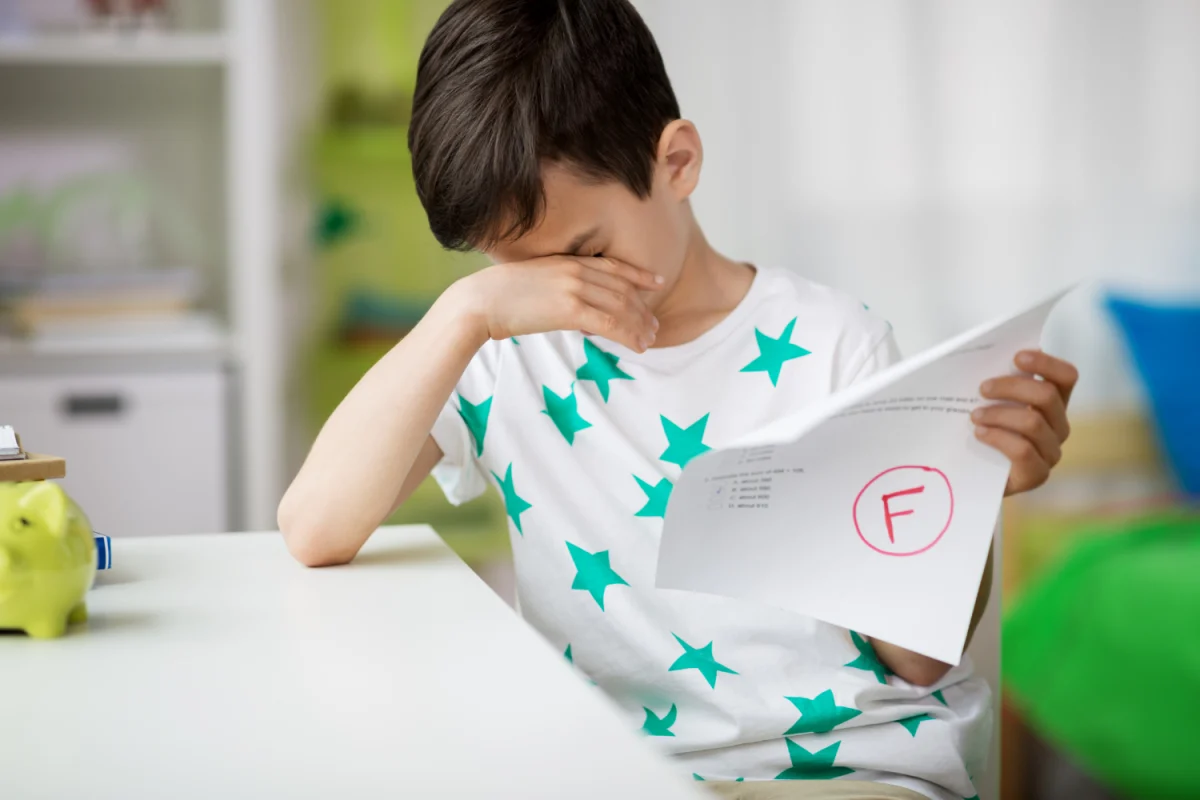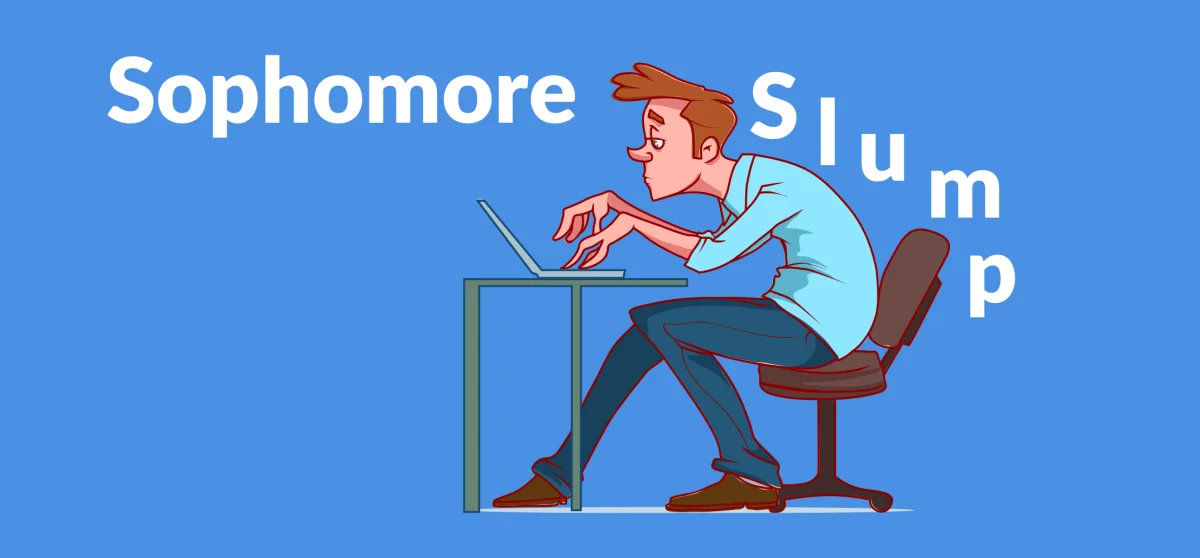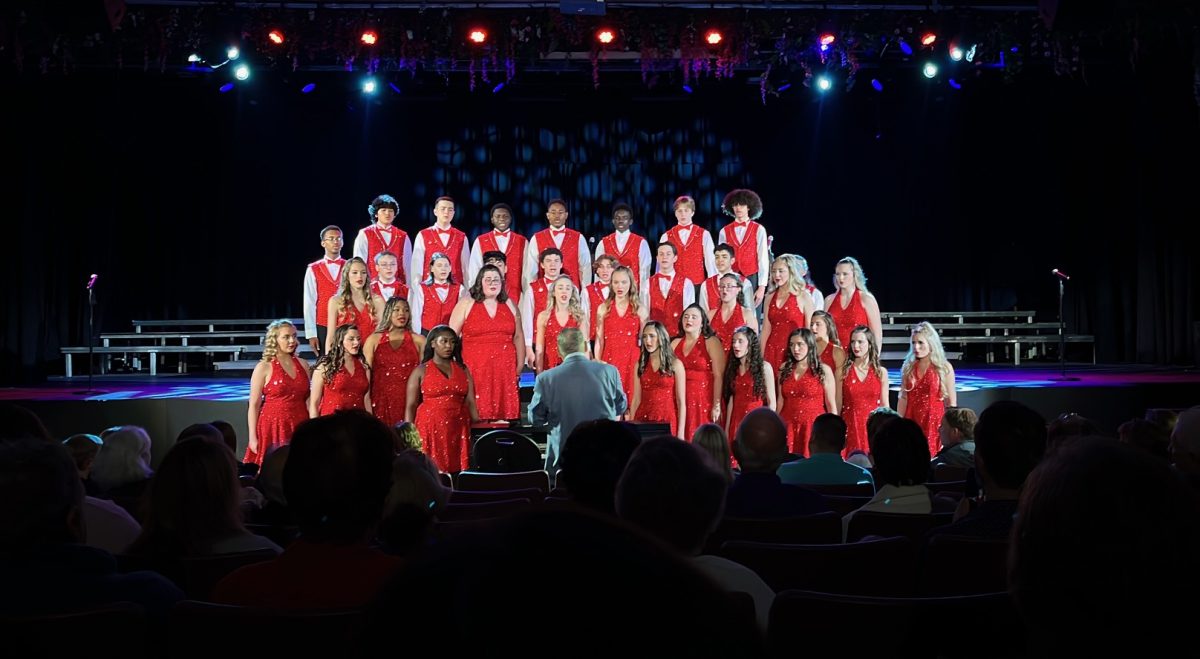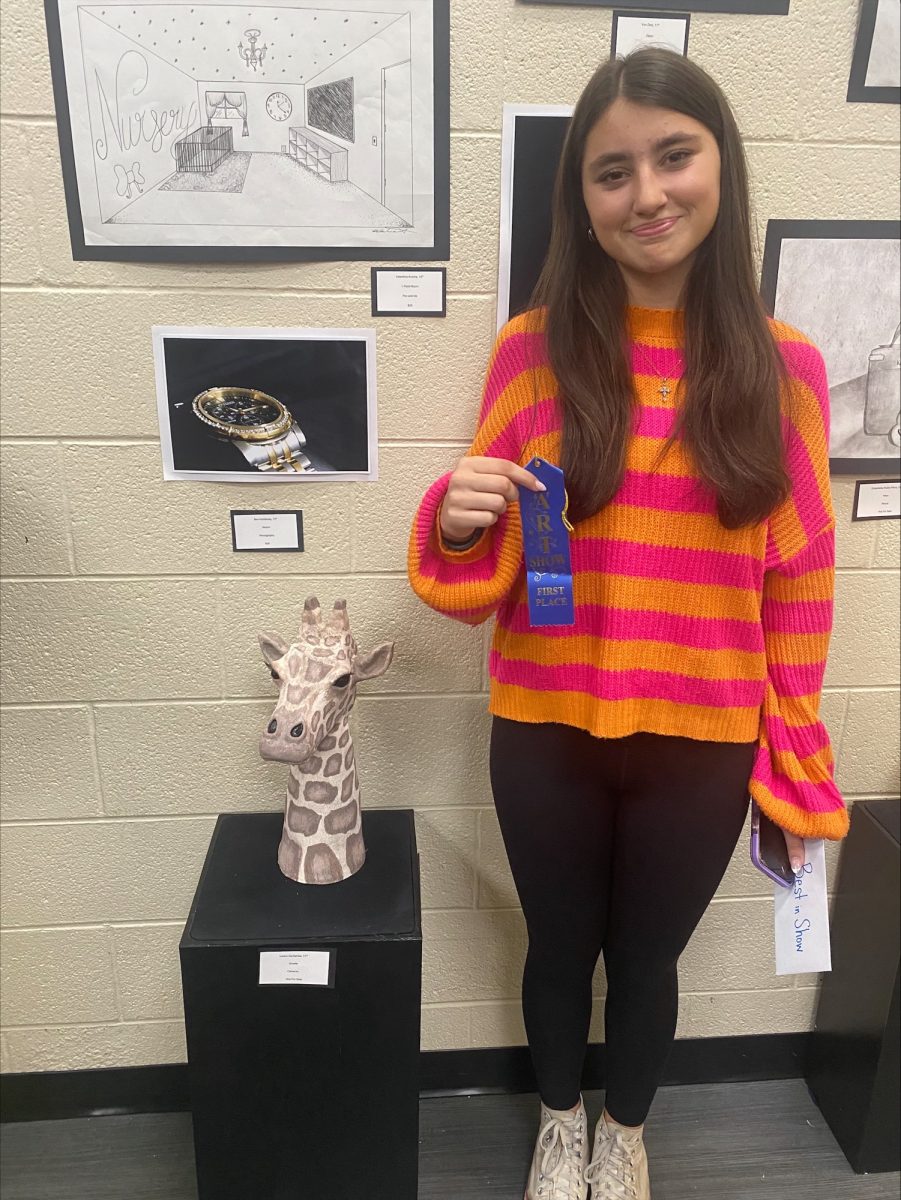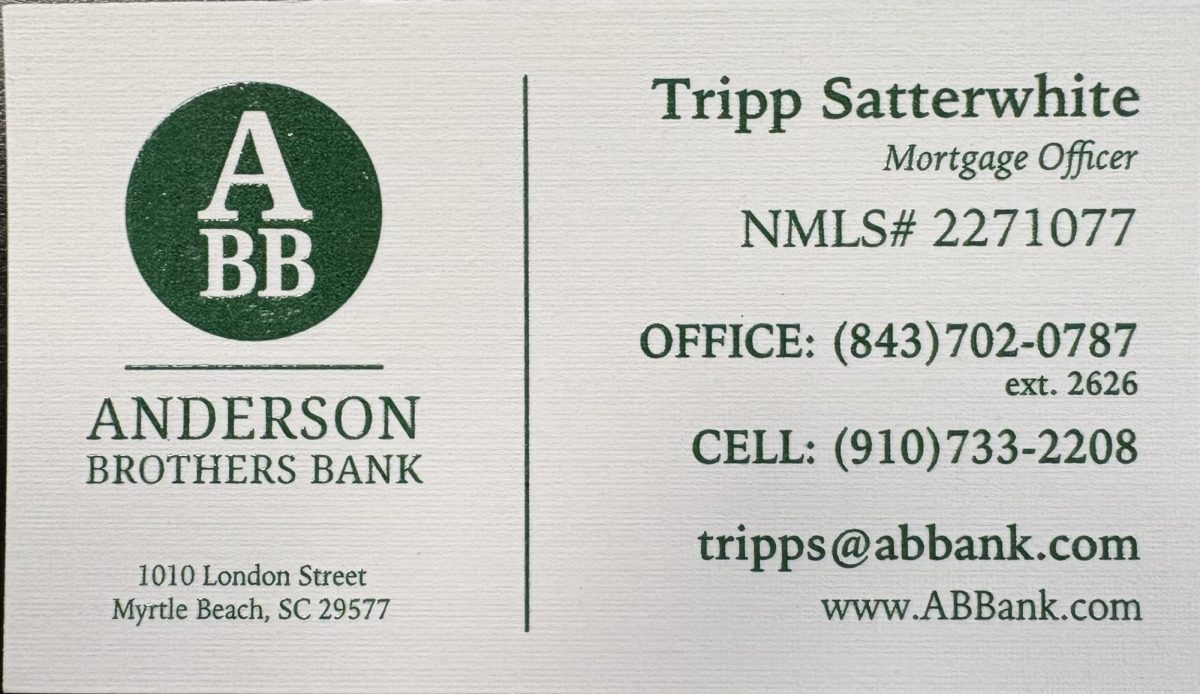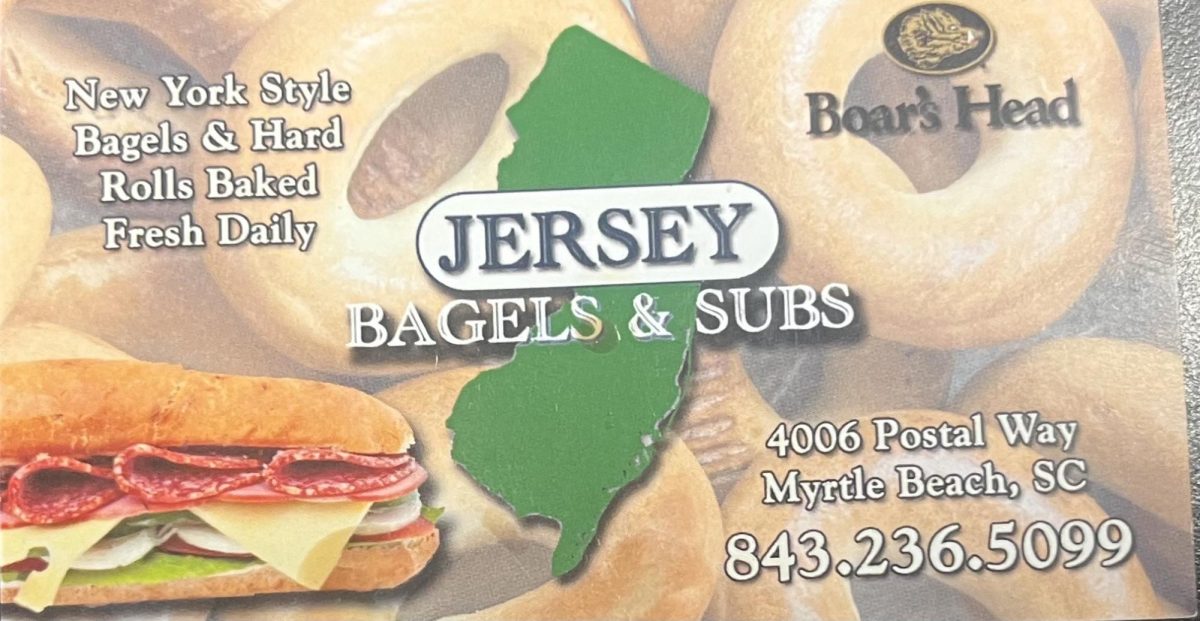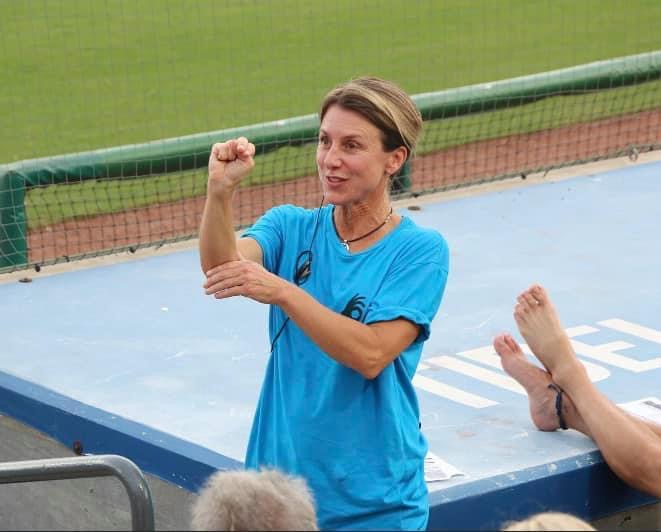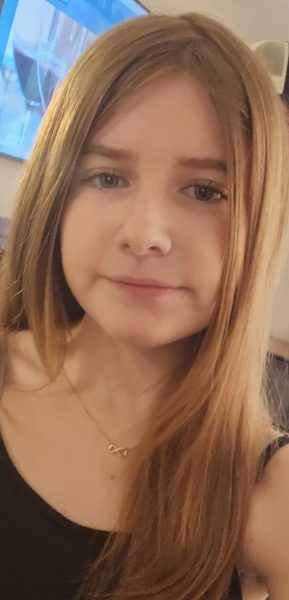Hands Can Talk: Deaf and Hard of Hearing Awareness
December 13, 2021
One of the most isolating obstacles in life is not being able to hear. Having a hearing loss or being deaf is one of the most misunderstood concepts of society today. Nearly 13 percent of American citizens aged 12 years and older are deaf and hard of hearing. While statistically the percentage may seem small, the amount of those with hearing loss or pronounced deaf within our community is larger than expected.
Throughout the last 50 years, those who have been diagnosed with a hearing loss have been denied healthcare, jobs and even education opportunities due to their lack of ability to hear. With the interest increase in American Sign Language, those within the deaf community wish the students knew the history behind their language.
While deaf culture is becoming more apparent in society, there is so much more to the community than sign language.
Deaf and hard of hearing teacher Amy Herrera is a part of the deaf community herself. “On average we have about 100 [deaf and hard of hearing students] in Horry County,” says Herrera. “We have eight interpreters in the county so that should explain how many kids use sign language.”
The majority of deaf students in Horry County do not use sign language as their primary form of communication. North Myrtle Beach High School senior Kylie Monahan is a hard-of-hearing student who does not use sign language regularly.
“I grew up with a progressive hearing loss so I could still communicate,” says Monahan. “I started signing songs for choir in middle school since I couldn’t play a sport and wanted to be involved. It was my first real experience with embracing my hearing loss and made [sign language] easier to learn.”
Due to the use of nonverbal communication, members of the deaf community have been viewed with a lack of intelligence. Just because someone does not have the ability to hear, does not mean that they are not intelligent or educated.
“We are not stupid,” says Amy Herrera. “That is the one thing I wish people knew. Just because I can’t hear you, it doesn’t mean I’m dumb. Yes, growing up I had struggled in school but that was because I didn’t receive the services I needed. Even though I struggled, I’m still a teacher today with a masters’ degree. Disability does not limit people.”
The deaf community is currently growing and becoming more active in the community. With many misconceptions, the deaf community is breaking stereotypes and educating the people around them. Through years of discrimination and being left out, the deaf community is fighting back. Carolina Forest High School students are proving that just because someone has a hearing loss doesn’t mean they cannot participate in activities.
Julianne Scarborough is a deaf student at Carolina Forest who is a competitive equestrian in Tabor City. Julianne comes from a fully deaf family where their main form of communication is American Sign Language. Due to the use of ASL at such a young age, she has grown up nonverbal and has full access to an interpreter during school.
“I feel different than the other students mostly because I’m with hearing people,” says Scarborough. “ I don’t really feel a connection with the students, especially because they are hearing. Sometimes I feel weird in a new environment because nobody knows who I am or what’s happening.”
With the current growth of the deaf community, a group of Myrtle Beach locals has created a nonprofit organization called “Pelicans for the Deaf” that advocates and allows members of the deaf community to come together. The organization started when the Myrtle Beach Pelicans baseball team hosted a deaf awareness event in 2017. Since then, the baseball team has hosted an annual deaf awareness night while the organization hosts open-captioned movie events and other get-togethers almost monthly.
While the deaf community is constantly advocating for themselves, they are successful at allowing their voices to be heard and awareness to be spread.
